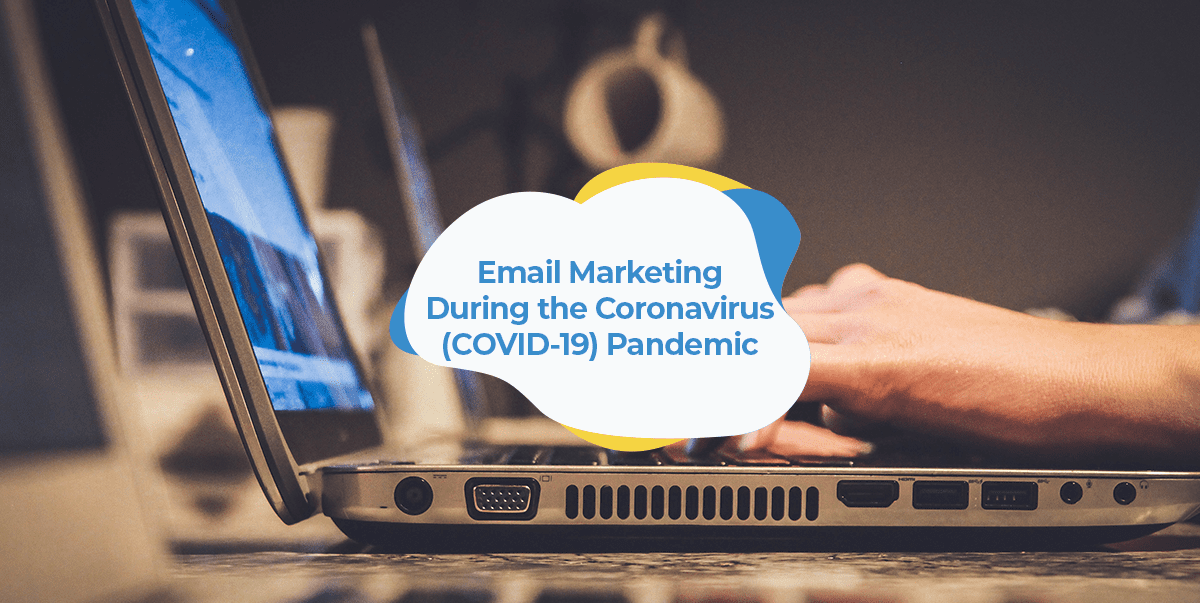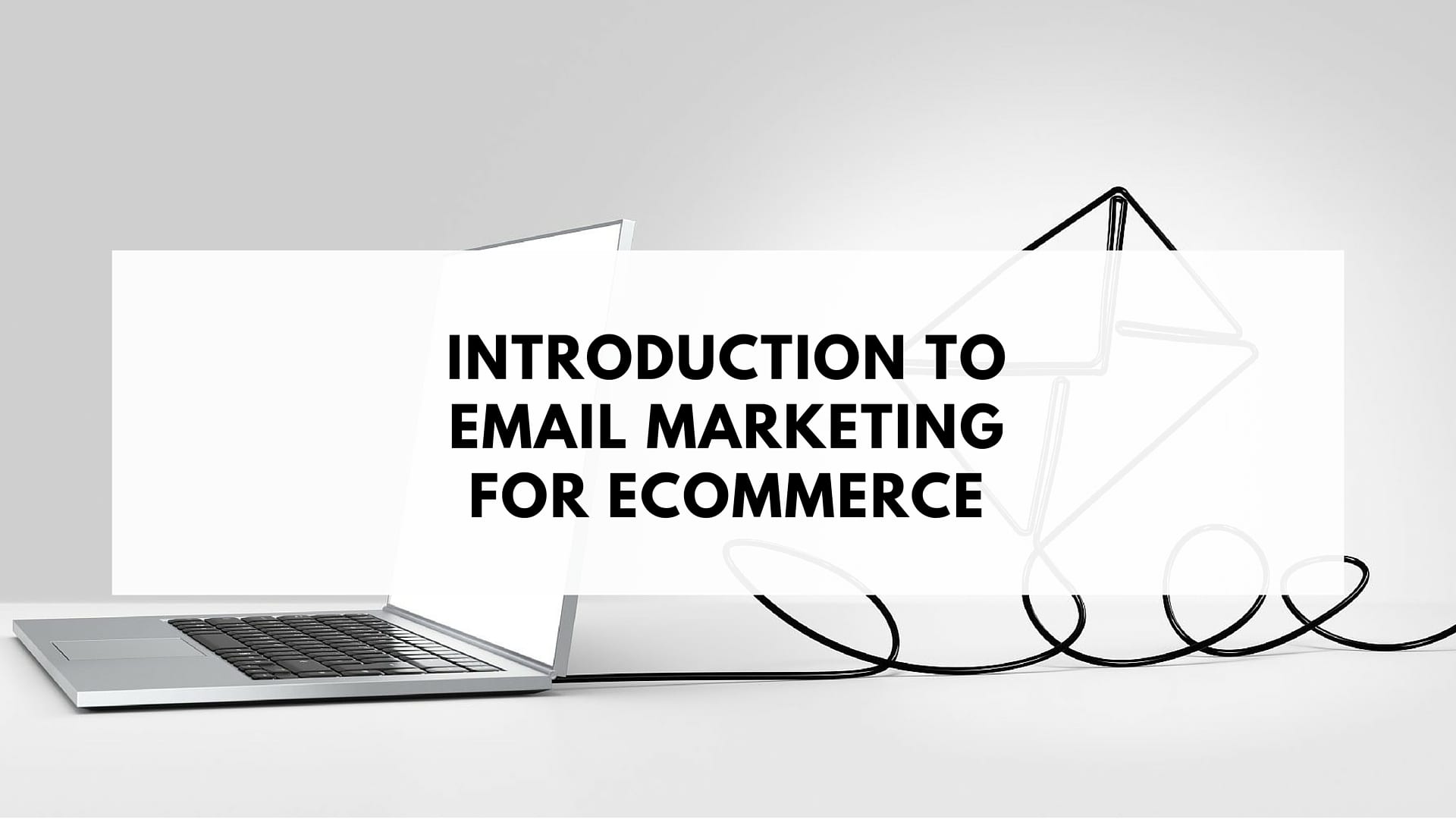There’s no denying these times are tough for everyone.
Trips have been canceled, events postponed and businesses closed as quarantines are implemented to our health and wellbeing.
As a merchant, you’re almost certainly also dealing with a set of challenges you’ve never faced before. Whether it’s supply chain issues, drastic changes in demand, having to temporarily close a physical store or just maintaining your day-to-day operations.
You’ve likely also received countless emails updating you about how other businesses are dealing with the situation. You may have even sent a newsletter yourself to this effect.
All of this is understandably overwhelming.
And as many merchants are taking things one day at a time, you might be wondering what to do about your marketing. Should you continue ‘business as usual’ as much as possible? Address the Coronavirus in your communications? Suspend marketing campaigns?
It can be difficult to know exactly what to do. Especially when the situation requires a sensitive approach.
So to help you navigate the crisis, we’ve put together some tips and suggestions on how to go about your email marketing during the Coronavirus pandemic.
Update your customers on any changes
There’s a lot of confusion going on at the moment.
Regardless of what type of business you’re running, the best way you can help to reduce people’s confusion is by keeping your customers informed of any significant changes to your operations.
If you have had to close a physical store, let your customers know not to come in. If you’re experiencing issues with deliveries, let your customers know that their purchases might be delayed.
That said, with people’s inboxes being flooded with these types of updates, messages solely about your cleaning and hygiene standards may not be the most important update to share right now.
The goal is to share helpful, important information with your customers. If the information is not helpful or particularly important, reconsider your need to send it right now.
When sharing an update on the situation, also remember to approach it with sensitivity.
While these are tough for everyone, some are and will be affected on a much more personal level. Ensure your email does not downplay or make light of the situation, is not alarmist which could trigger anxiety and especially do not take advantage of the virus to boost sales, including by encouraging people to panic buy items.
Keep communicating with your customers
After you’ve shared any major updates to your business with your customers, it’s important not to go quiet.
If you usually send a monthly email newsletter, continue sending it. If someone signs up to your email list, send them a welcome email. If someone makes a purchase from your online store, send them a thank you email.
Not only will these emails give people a much-needed sense of normalcy, they will also help keep your brand strong. With a strong brand, you’ll be able to minimize any disruption in sales and have a much better chance of seeing this situation through.
Of course, your emails should be sent with what’s going on in mind.
For example, if you’re selling pet accessories you might want to focus on how pets are providing a great source of companionship with people stuck at home. The email below from Rothy’s does a job of striking a good balance here.
To ensure you don’t inadvertently come across the wrong way in your emails, go over any automations you have previously set up (abandoned carts, win-back campaigns, etc.). Check the copy so that it’s still appropriate.
It’s important to keep these automations going as they’re your most profitable form of marketing. But you’ll want to remove any references to partying in the streets, giving people high fives, exploring the world, etc.
Should you still run promotions?
Until things start to return to normal, you might want to hold off on any aggressive sale campaigns.
This is especially true if you are selling essentials such as disinfectants and toilet paper. It’s best to avoid heavily promoting items that people have been having difficulty accessing to discourage any further panic buying.
At the other end of the scale, you should also reconsider sales of items people should currently avoid. It’s best to avoid being seen as encouraging activities such as parties, travel or other large gatherings.
If your store falls into either of these categories, instead of focusing on sales, focus on brand building. You can do this by emailing about tips on how to best use your products or how to make them last longer if you’re selling essential items. Or if you’re in the other camp, sharing stories to keep people’s spirits up during this time.
Once things return to normal, you’ll have a much stronger brand as a result and be in a much better position to bounce back than had you stopped emailing your customers altogether.
If instead you’re selling items such as games, homewares or accessories, you’re in a better position to continue with sales. However don’t position your sale to play on people’s concerns about the pandemic and be careful with your communications.
If things start getting hard
Unfortunately, many merchants will find the next few months increasingly difficult. As the economic impact of the coronavirus hits harder, consumers will increasingly keep their wallets closed and sales may fall.
Ecommerce merchants are in a much better position to endure the situation than their bricks and mortar peers. Just take a look at the recent surge in searches for “buy online”.
Even though it’s still early days, studies on the Coronavirus’ effect on ecommerce have shown that it’s actually increasing sales across a lot of verticals.
This is not to say that ecommerce merchants have nothing to worry about, but that you shouldn’t automatically assume that your sales will be hard hit.
Remember that email marketing is highly profitable
If you do start to see your sales fall over the next few weeks, you might start to think about cutting your marketing budgets.
This is completely understandable; fiscal prudence is something every business should practice.
That said, it’s important to remember that it’s likely your marketing that’s bringing in sales. By cutting it, you’ll also be further reducing your sales.
If things really start to bite and you have no choice but to start making cuts, it’s therefore important to start with paid channels that have lower returns. These include paid social media marketing and other forms of paid advertising including search and display ads.
One online pet food retailer managed to double their sales while cutting all Facebook and Instagram ads and focusing exclusively on email marketing instead as soon as the Coronavirus impact started to hit.
Their experience with email compared to other channels shows just how much more profitable email is compared to other channels.
“Our Data” refers to the store’s email marketing
Why email outperforms other channels
There are many reasons why email marketing is much more profitable than other marketing channels. One of the main reasons however is its ability to let you communicate directly with your customers one-on-one.
Unlike advertising, email is personal. Customers can email you with questions and you respond back to them over email.
Email marketing is also incredibly personalized, letting you control your messaging based on who your customers are and what they’re doing. So instead of sending the same message to hundreds of people and it only resonating with a few of them, your emails are able to resonate with each and every one of your subscribers.
Going forward
Things are evolving fast, but we hope this gives you an idea of how to proceed with your email marketing going forward.
This is a situation none of us have faced before and we’re also learning how to best proceed ourselves. We’ll be sure to share with you any insights and updates on how the Coronavirus is affecting email marketing that we come across.
If there is one thing we do know from our experiences with past economic crises such as the GFC, it’s that keeping in touch with customers and building your brand is the best way to remain strong. So keep sending emails, collecting addresses and engaging your customers.
Additional resources:




